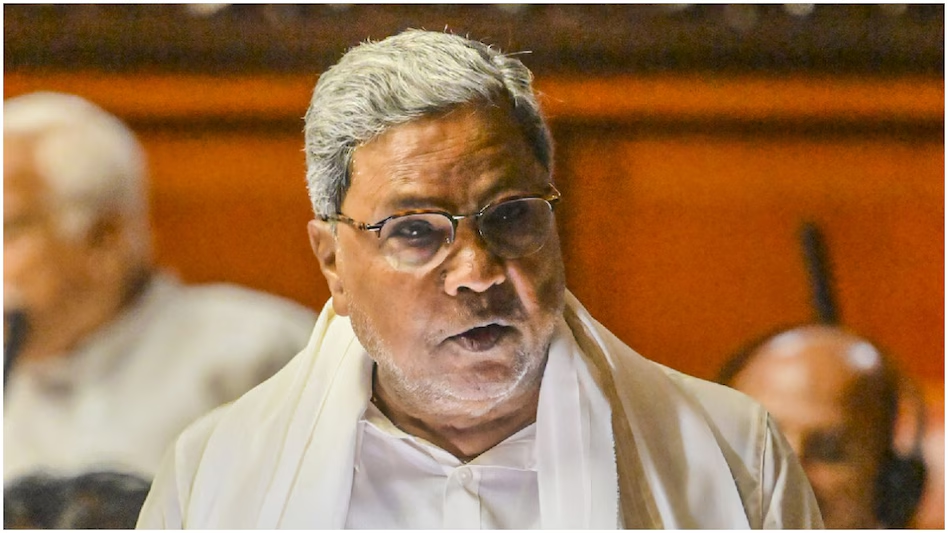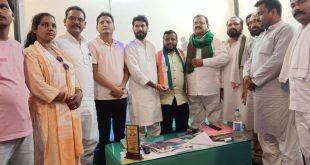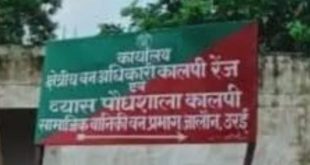New Delhi. The Supreme Court heard the petitions ( petitions) filed against the neutralization of Article 370 in Jammu and Kashmir on the eighth day on Tuesday. During this, Chief Justice DY Chandrachud once again remarked that there is no such provision in the Indian Constitution, which prevents it from being implemented in Jammu and Kashmir. Along with this, he said, ‘Article 5 of the Jammu and Kashmir Constitution shows that the Indian Constitution will also apply to Jammu and Kashmir.’
The remarks by a bench headed by CJI DY Chandrachud came after senior advocate Dinesh Dwivedi, appearing for intervenor Prem Shankar Jha, argued that nothing in Article 370, which gave special status to the erstwhile state, was in the Constitution of Jammu and Kashmir. Not saved after being made. Enacted on January 26, 1957 and the term of the Constituent Assembly of the state ended.
CJI Chandrachud raised these questions
To this, CJI DY Chandrachud asked, ‘What are the features of Article 370, which show that it will cease to exist after the formation of the J&K Constitution? Can a speech by a member of the Constituent Assembly represent the nation’s binding commitment to Jammu and Kashmir? And whether after the Constituent Assembly took its decision in 1957, would sovereign India have no power to enforce any of the provisions of the Constitution?
In fact, Prem Shankar Jha, who challenged the August 5, 2019 decision of the Center to abrogate Article 370, raised a legal question whether Article 370 ceases to operate or exist after the enactment of the Constitution of Jammu and Kashmir and the dissolution of the Constituent Assembly. It is done. After this, the Supreme Court bench raised questions on the validity of the arguments.
Justice Kaul also disagreed with the arguments
Justice Sanjay Kishan Kaul, who was also included in this bench of the Supreme Court, said that it is difficult to accept that the debate of the Constituent Assembly was limited to the assurance that Article 370 would automatically end. What if we accept what you are saying?
In the Supreme Court, a five-judge bench headed by Chief Justice DY Chandrachud is hearing the matter, which will continue on Wednesday as well. Justices Sanjay Kishan Kaul, Sanjeev Khanna, BR Gavai and Suryakant are also included in this bench.
 Indian Thought Latest News & Views
Indian Thought Latest News & Views



